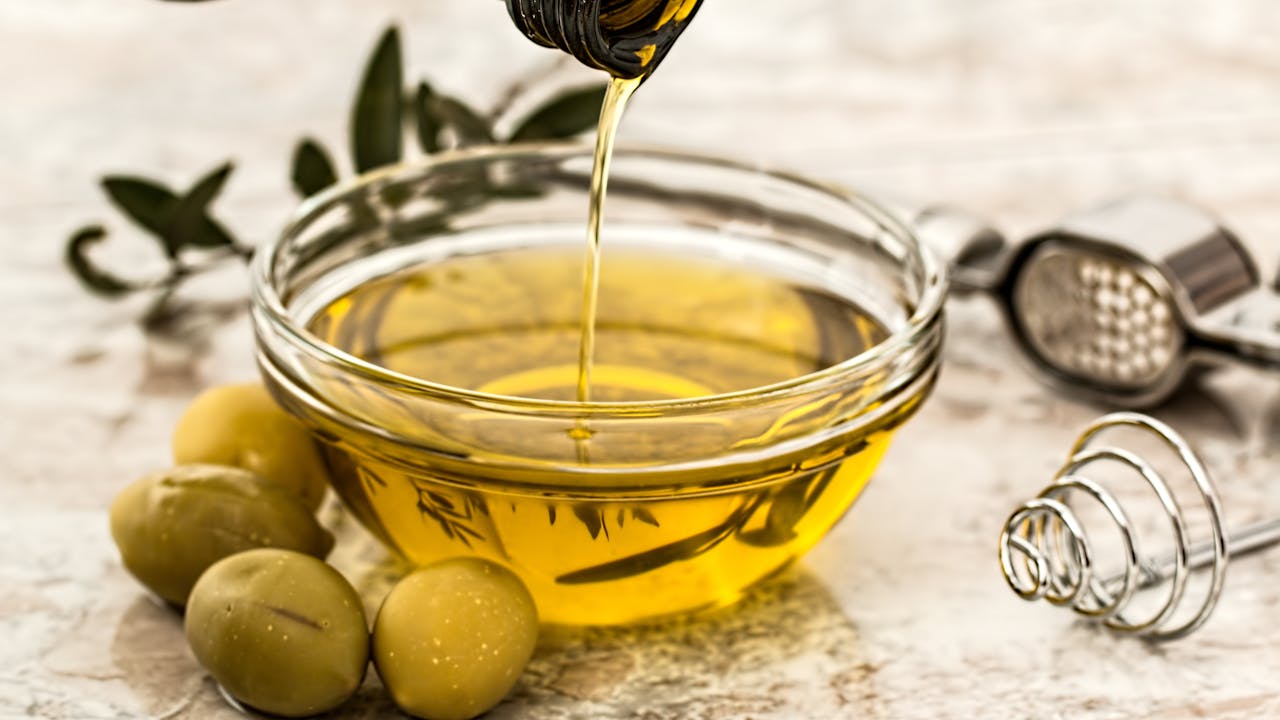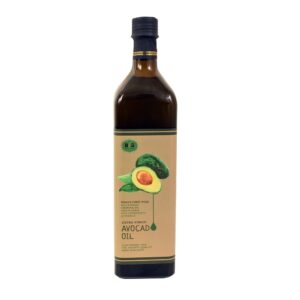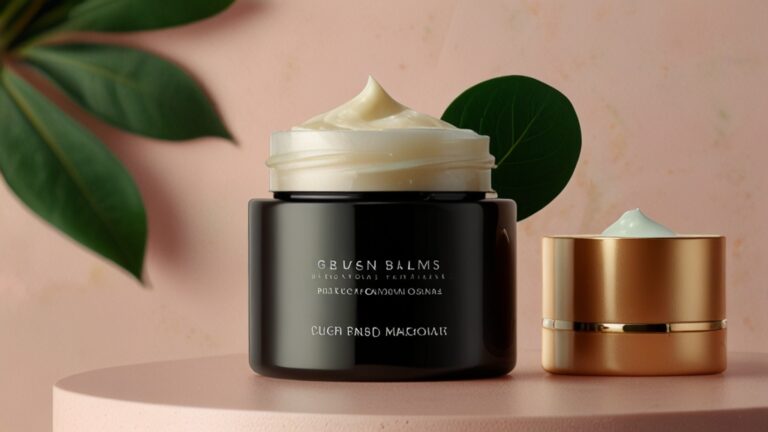Introduction
Navigating the world of healthy cooking oils can be confusing. We're bombarded with claims of "heart-healthy" this and "low-fat" that. Let's cut through the noise and empower you with clear knowledge about which oils truly nourish your body, and which ones to avoid.
Oils to Avoid (and Why)
Trans Fat Heavy Oils: The Absolute Worst
Partially hydrogenated oils are a significant health concern. They wreak havoc on your cholesterol levels, raising harmful LDL cholesterol and lowering beneficial HDL cholesterol. This unhealthy imbalance, coupled with its inflammatory properties, significantly increases your risk of developing heart disease.
Avoiding partially hydrogenated oils is crucial. Always check the ingredients list on food labels diligently, and avoid any product that lists them, even in small amounts. Your health is worth the extra effort.
- Highly Refined Oils: Stripped of Benefits Oils like sunflower, soybean, corn, and vegetable oil often undergo extensive refining processes to increase their shelf life and stability. Unfortunately, this process comes at a cost. Refining removes many of the beneficial nutrients naturally present in the oil, including antioxidants and vitamins. Additionally, high-heat refining can create harmful byproducts called free radicals, which can contribute to inflammation and chronic health conditions. To reap the full benefits of cooking oils and minimize potential health risks, look for "unrefined," "cold-pressed," or "expeller-pressed" versions whenever possible. These minimally processed oils retain more of their natural nutrients and antioxidants, offering superior flavor and a reduced risk of inflammatory compounds.
Oils to Use in Moderation
Canola Oil: A Balancing Act
Canola oil is derived from the rapeseed plant and is often touted for its low saturated fat content. This makes it a popular choice for those seeking to reduce their intake of saturated fats, which have been linked to an increased risk of heart disease. However, it's important to note that most canola oil on the market is heavily refined. This refining process removes beneficial nutrients and can even create harmful compounds.
If you do choose to use canola oil, opt for unrefined varieties whenever possible. Unrefined canola oil retains more of its natural nutrients and has a higher smoke point, making it suitable for a wider range of cooking methods. However, even unrefined canola oil should be used in moderation, as it is still a source of added fat. It's also important to remember that the overall healthfulness of any oil depends on how it is used. Using any oil at high temperatures can increase the oxidation and formation of harmful compounds.
Coconut Oil: Navigating the Controversy
Coconut oil has gained significant popularity in recent years, often touted as a health food due to its unique fatty acid profile. It's rich in medium-chain triglycerides (MCTs), a type of fat that is metabolized differently in the body compared to long-chain triglycerides found in most other vegetable oils. Some studies suggest that MCTs may offer potential health benefits, such as increased feelings of satiety, improved blood sugar control, and even a slight boost in metabolism.
However, the American Heart Association (AHA) advises caution regarding coconut oil due to its high saturated fat content. Saturated fat intake has been linked to an increased risk of heart disease, and the AHA recommends limiting saturated fat intake to no more than 5-6% of your daily calories.
Therefore, while coconut oil may offer some potential health benefits, it's crucial to consume it in moderation and prioritize other heart-healthy fats like those found in olive oil and avocado oil. Additionally, it's important to note that most research on coconut oil has been conducted in the short term, and long-term studies are still needed to fully understand its impact on overall health.
Best Oils for Everyday Cooking
- Extra Virgin Olive Oil (EVOO): The Heart-Healthy Star EVOO stands apart due to its concentration of polyphenols, powerful antioxidants that protect against inflammation and cellular damage. Studies link EVOO consumption to improved heart health markers, such as reduced blood pressure and "bad" LDL cholesterol. For maximum benefits, choose extra virgin olive oil, the highest quality grade obtained from the first pressing of olives. Its rich, sometimes peppery flavor shines in:
- Salad Dressings and Vinaigrettes
- Dips like hummus or pesto
- Drizzled over cooked vegetables, fish, or grilled meats
- Moderate-heat cooking like sautéing (its smoke point is lower than some other oils)
- Avocado Oil: Avocado oil boasts one of the highest smoke points among cooking oils, making it a versatile choice for nearly any cooking method: sautéing, roasting, stir-frying, and even some baking applications. This neutral oil doesn't impart strong flavors, allowing the natural flavors of your ingredients to take center stage. Additionally, avocado oil is a good source of monounsaturated fats, the same beneficial fats found in olives, which are linked to improved heart health by lowering "bad" LDL cholesterol and potentially raising "good" HDL cholesterol. Furthermore, avocado oil contains lutein, an antioxidant important for eye health, and some studies suggest it may also have anti-inflammatory properties.
- Ghee is clarified butter, a process where the milk solids and lactose are removed through simmering and skimming. This meticulous process leaves behind pure butterfat, giving ghee its exceptionally high smoke point, making it ideal for high-temperature cooking methods like searing steaks, pan-frying delicate fish, or even deep-frying without burning. Ghee's distinct nutty aroma and rich, buttery flavor profile complement various cuisines, particularly Indian and Southeast Asian dishes where it adds depth and complexity. Beyond its culinary applications, ghee offers a small amount of vitamins A and E, which are essential for healthy vision and immunity, respectively. Additionally, ghee contains conjugated linoleic acid (CLA), a type of fatty acid with potential health benefits, including improved blood sugar control and reduced inflammation. However, it's important to remember that ghee is still a concentrated source of fat, and moderation is key. It's best enjoyed as part of a balanced diet rich in whole foods.pen_spark
Beyond the Label: Choosing the Best Healthy Cooking Oils
- The Power of "Unrefined" or "Cold-pressed"
These terms indicate minimal processing, preserving the oil's natural flavor, and nutrients, and reducing the risk of harmful compounds created during high-heat refining. - Smoke Point: The Key to Flavor and Safety Each oil has a temperature where it starts to burn and degrade. High-heat cooking needs oils with a high smoke point (avocado, ghee). Low to medium heat is perfect for EVOO. Mismatching can create unpleasant flavors and potentially harmful byproducts.
- Embrace Rotation Variety is the spice of life, and that goes for healthy cooking oils too! Rotating between EVOO, avocado oil, and others ensures you get a balanced intake of different fatty acids for optimal health.
Conclusion By making informed choices about cooking oils, you're investing in your long-term health. Remember, the best approach is prioritizing unrefined oils, using them appropriately based on their smoke point, and enjoying them as part of an overall balanced diet rich in whole foods.








[…] Must Read: Healthy Cooking Oils: Your Ultimate Guide to Better Choices and a Healthier Kitchen […]
[…] Next Article: Healthy Cooking Oils: Your Ultimate Guide to Better Choices and a Healthier Kitchen […]
[…] Next Article: Healthy Cooking Oils: Your Ultimate Guide to Better Choices and a Healthier Kitchen […]